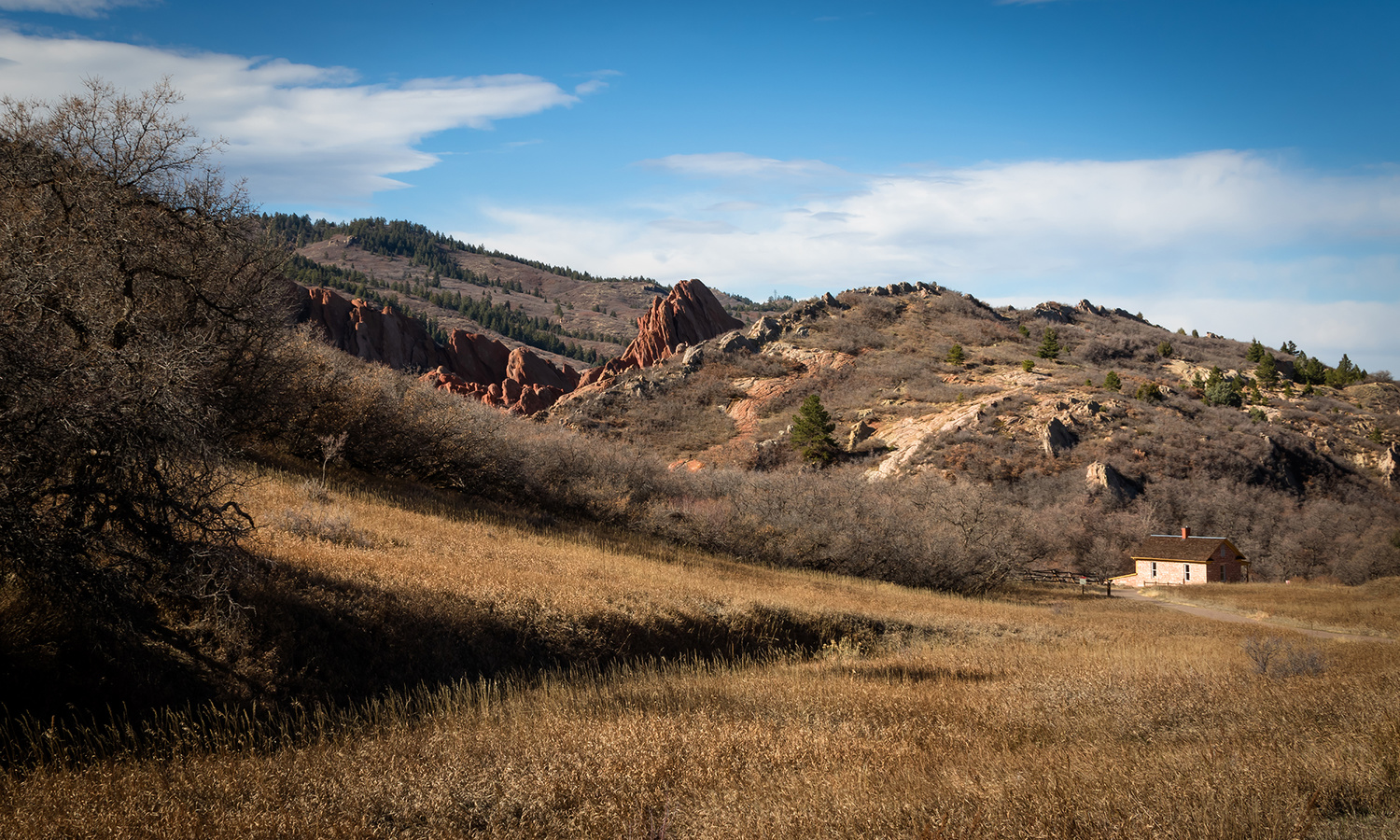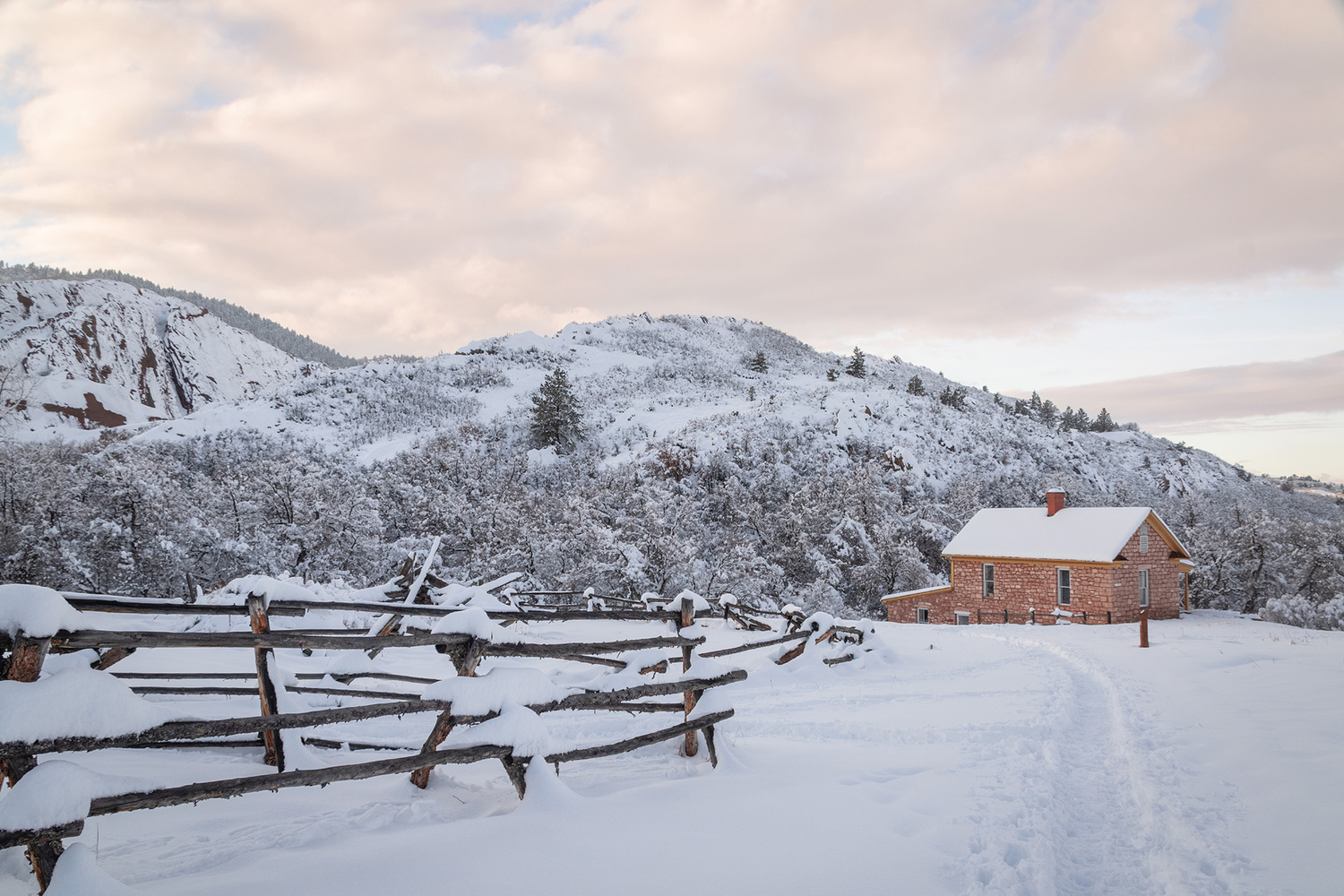For most of us, wanderlust is all about the new: new adventures, new experiences, and new perspectives through the viewfinder.We spend countless hours daydreaming about personally uncharted bucket list worthy journeys. Each trip almost demands to be new and exciting. I’m as guilty of it as anyone, but years ago I finally realized something that has changed my perspective profoundly. You can’t be an expert at something the first time you do it. Expert level skills require practice. We’re more than used to this concept as it relates to the general skills of photography. You don’t pick up a camera for the first time with a sense of mastery. The same goes for photographing a location. I absolutely love the sense of whimsy a special place gives me the first time I set eyes on it. Discovering a location through your camera is an exciting and powerful thing, but returning to a location time and time again gives your images a stronger sense of place, and it gives you a better appreciation for what’s in front of your lens.

The more I visited Virgin Gorda, BVI, the better prepared I was to photograph it.
I first figured this concept out when my husband and I kept finding ourselves in The British Virgin Islands. We’d save for a vacation, throw out a list of locations we wanted to explore, then a few weeks or months later we’d find ourselves stepping off the ferry onto the dock in Virgin Gorda. Again. Over and over. Ten times, to be specific, because some places just capture you. They call you back no matter what your grander intentions are for your travel plans. Each time I visited The British Virgin Islands I found something new about it that I loved. Some perspective I hadn’t previously noticed or thought to photograph. Some corner of the island, or time of day in a certain location that I hadn’t yet experienced. With each visit, my collection of photos expanded and improved.

It wasn't until my third trip to Virgin Gorda that I made it out to The Baths for sunrise. It felt like a totally different location at that time of day.

We hiked Gorda Peak in the dark so we could be ready for sunrise on Virgin Gorda's tallest point -- another experience we didn't have time for until our third visit.
Many artists, more specifically painters, often visit and revisit the same locations throughout their careers. Think of Monet and the water lilies in his garden. As a truly talented impressionist painter (he basically invented the genre) Monet was capable of painting a variety of subjects: landscapes, portraits, still lifes, or the occasional bit of architecture, but he returned time and time again to his water lilies. There are over 250 Monet paintings of water lilies. Something about them captured his artistic attention unlike any other subject and he never tired of their exploration.

While living in Chicago, I felt very drawn to the Chicago river and photographed it anytime I had the chance. At night...

...in the winter...

... and in the summer. Every day the river felt like it had a new energy.
A statistical analysis of Bob Ross paintings (yes you read that right, someone actually performed that research) found that he repeated certain subjects and motifs over and over again in his work. Over the course of 403 episodes of the “Joy Of Painting” his paintings featured at least one tree 91% of the time, at least two trees 85% of the time, clouds (undoubtedly happy little clouds) 44% of the time, at least one mountain 39% of the time, and on it goes. All of this is to say, as artists we are often most inspired by the familiar. We know what to expect. We see the nuance, the variety of light, the change of season, and all that attention to detail makes our images stronger.
My good friend Jay Dusard (a fabulous landscape and portrait photographer whose work deserves your attention) lives near the Mule Mountains in Southern Arizona. He has talked about driving past those mountains over and over again, always appreciating their beauty, but never feeling they were as photographable as they could be, often lacking an interesting sky or just the right light. Then one day, the perfect collection of clouds appeared and that was it. He was ready to make his image. His familiarity with the location informed the photograph. That’s something we should all strive for in our images.

When I lived in Cape Cod I photographed this same boardwalk many times. I never got tired of it because the location was beautiful and varied so much season to season.

The marsh has a completely different look in the snow.
I always tell my students, “As you travel, push yourselves past the low hanging fruit. Work harder to find your image.” I’m talking about overcoming the standard postcard images, the things you’ve seen over and over again on Instagram. The fastest way to transcend those obvious, less interesting images is to really engage yourself with a location. Commit to visiting it in the prettiest days of Spring and the grayest days of November. Stop by under a fresh coat of snow, and just before a Summer sunset. See for yourself what the landscape feels like at blue hour or how a recent storm has changed the look of things. We don’t all have the luxury of year-round visits to the same far-flung places, so start in your own backyard. Pick a place that you can easily visit and revisit and help tell its story at different times of the day and different times of the year.

Roxborough State Park is my favorite photography location within an hour of my current home in Colorado. I've visited multiple times in multiple seasons and stayed throughout different times of day. It's always epic and always brand new somehow.

Winter might be the most beautiful in Roxborough because the scene is simplified.

Roxborough in the Spring has a totally different color palate.

My favorite hike in fall...

In winter...

and again in Spring.
My husband and I lived for a few years in his small, rural hometown in Illinois. As a city girl and a lover of mountains and varied topography, the flat landscape of the Midwest took some time to grow on me. I referred to it (still do actually) as The Great Wide Empty. I was lucky though because our backyard looked out over an enormous field. In the late fall, after the harvest was over, it was empty and barren and visually uninspiring, but other times it was filled with volunteer grape hyacinths, or yellow mustard flowers, or tall verdant corn stalks, or silver and gold soy at the end of their season, or a low hanging fog. Every day it was different. So I photographed it over and over again and found that it really was beautiful and quite inspiring photographically.

Sad and empty, this view depressed me at first.

That is, until I discovered the seasonal nuances. Rural Illinois can be a truly incredible place.

There's nothing like a sunset during harvest season.
A landscape doesn’t have to be a National Park, or a UNESCO site to grab your attention. Sometimes it won’t grab your attention at all, but if you give it some of your time, and a commitment to return, you may find some of the best images in your portfolio hidden in its familiar nuances. A place doesn’t have to be shiny and new to be profoundly beautiful. Put in your time and you’ll get so much more back in return.






I agree completely, with some exceptions. I love that Gray's Beach can look very different not just in different seasons, but even from one day to the next or at sunrise vs. sunset. When I worked in NYC the same buildings often looked very different depending on time of day, season, or weather. I think the challenge is to take shots that look unique and if you find later on the computer they aren't necessarily all that different to dump them or at least not post them. I see some Instagram posters who repeatedly post what is essentially the same picture (e.g., a view of NYC downtown from Liberty State Park), and in that case I'm not getting any compelling reason to view them. On the other hand, I shoot the sunrise almost every morning so I suppose I'm guilty of the same thing -- but the shots I take that are very similar to previous shots never get past my own drives.
I agree and I do this all the time (below took close to a year to perfect and it's out of camera except the crop). The pictures are amazing btw
Lived *ON* Cape Cod, not in.
-A current Cape Cod Resident
Always love boardwalk and marsh photos here.